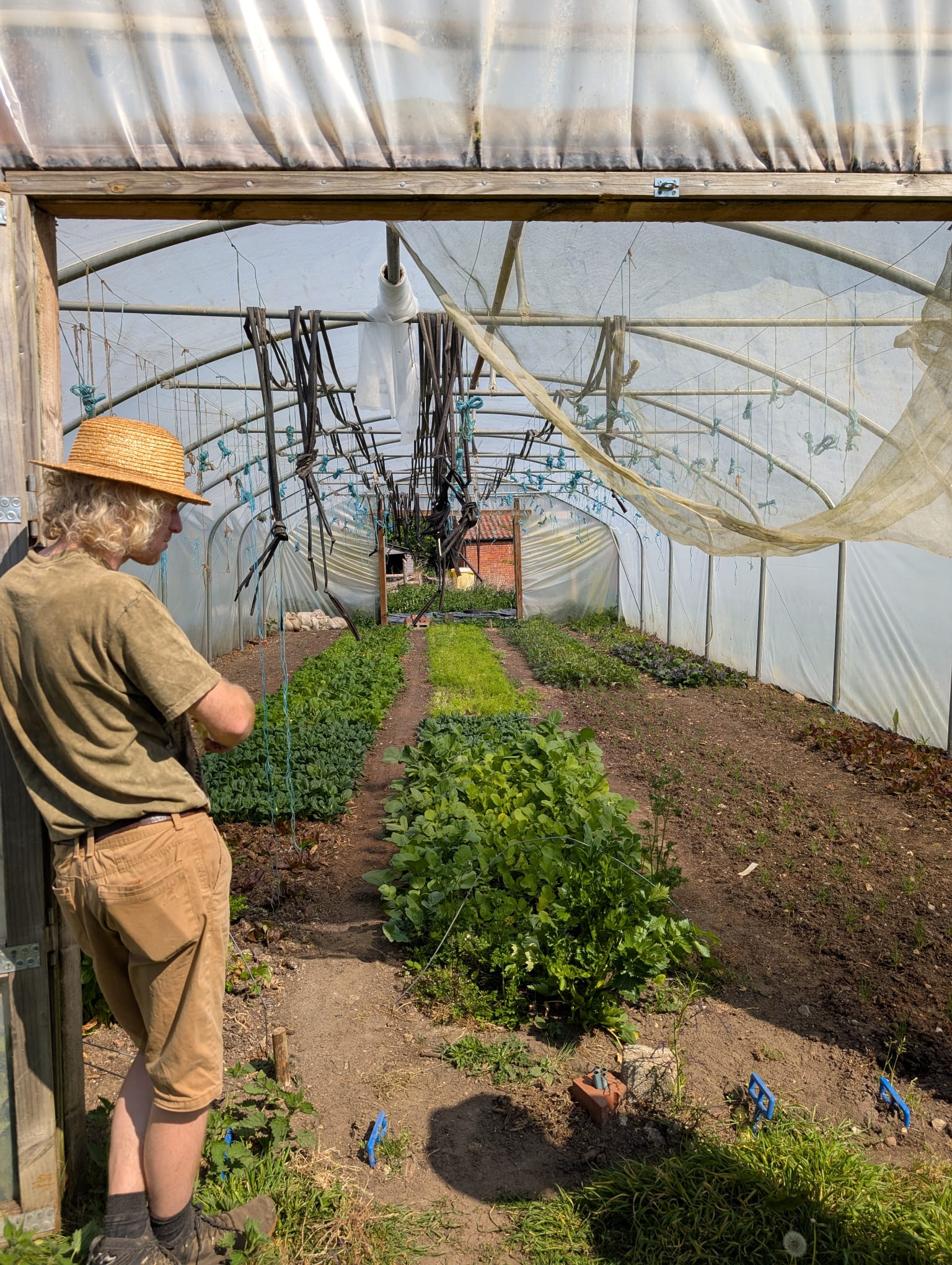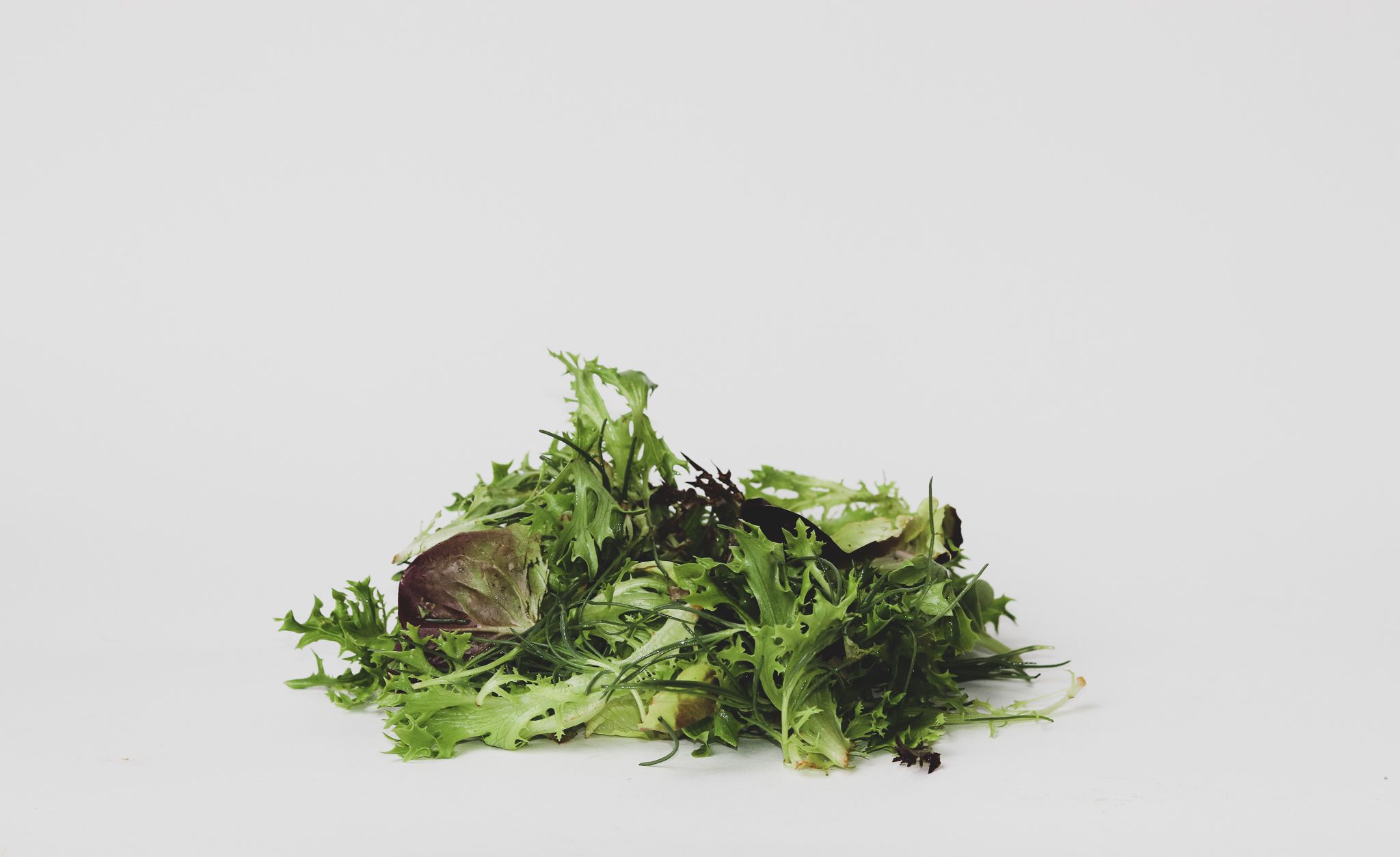Goodery
Norfolk's Organic Veg Box Company
We believe in the humble power of a Local Organic Veg Box.
By buying produce from local, Organic farmers, we can make a huge difference to the impact our food habits have on our soil, the environment and our local economy.

The Market Garden : Regenerative Agriculture in the heart of Norfolk, serving the people of Norwich.
It's a beautiful little spot of Organic goodness in the middle of Norfolk. Bintree to be precise. Here we grow all sorts of produce that makes up the bedrock of our weekly veg box.
We want to support the next generation of organic growers here in Norfolk. But, we soon came to realise that access to capital and land was a major blocker for most new growers. To set up, we had support from you, the people during our Crowdfunders (legends), and from the Oxford Real Farming Trust (legends).
A world in your hands
Pick up a handful of earth and look at it closely. It might contain the odd worm or a few tiny insects. It might crumble in your fingers or clump into clay-like blobs. What you can’t see with the human eye is the world of microorganisms, cohabiting with each other. Their job is to break down organic matter, putting nitrogen, carbon and other vital substances back into the ground. It’s part of a crucial cycle that supports life on our planet.

What if this was Normal for Norfolk ?
Goodery
Warehouse - 30 Mason Road, NR6 6RF
Market Garden - Mill Lane, Bintree NR20 5NN
[email protected]
01603 363806













